Elisabeth Bergner
出生 : 1897-08-22, Drohobych, Ukraine
死亡 : 1986-05-12
略歴
Elisabeth Bergner (born Elisabeth Ettel; 22 August 1897 – 12 May 1986) was a European actress. Primarily a stage actress, her career flourished in Berlin and Paris, before she moved to London to work in films. Her signature role was Gemma Jones in Escape Me Never, a play written for her by Margaret Kennedy. Bergner, known in Europe as La Bergner, played Gemma first in London, and then made her Broadway debut with the role in 1935. She later repeated it in a film version, for which she was nominated for the Academy Award for Best Actress. In 1943, Bergner returned to Broadway in the play The Two Mrs. Carrolls, for which she was awarded the Distinguished Performance Medal by the Drama League.

Sophie Kaiser

Mrs. Merriman

Else

Margarete Johannsen

Self - Interviewee
The film tells the cultural story of Berlin during the Weimar Republic through interviews with a number of persons who were involved in literature, film, art, and music during the period. It includes interviews with Christopher Isherwood, Louise Brooks, Lotte Eisner, Elisabeth Bergner, Francis Lederer, Carl Zuckmayer, Gregor Piatigorsky, Claudio Arrau, Rudolf Kolisch, Mischa Spoliansky, Herbert Bayer, Mrs. Walter Gropius, and Arthur Koestler.

Self
"The Great Magician" - Max Reinhardt (1873-1943) was an Austrian theater and film director, director, theater producer and theater founder. With his Jedermann production on August 22, 1920, he founded the Salzburg Festival.

Frau Lilienthal
This film is about a man who committed a terrible crime during war and is now old and somehow sorry for what he did. The story about the preparations for his trial are described from different points of view, also from his.

Mother
A captain in the Czar's army encounters danger and romance while carrying a secret message across 19th-century Russia.
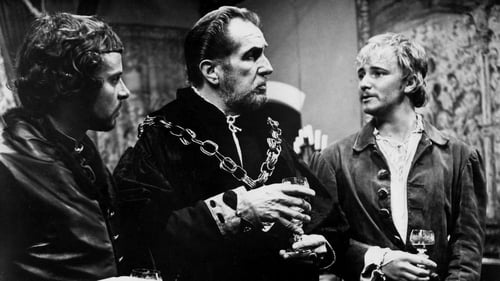
Oona
In seventeenth century England Lord Whitman wages unending war on what he sees as the ever-present scourge of witchcraft, and many local villagers have suffered at his hands. But one victim uses her occult powers to curse his family, enlisting unknowing help from one of the household.

Frau Thorwald
The Thorwald family is well-off and contented when a tragedy strikes: the father is killed in an accident. Miss Thorwald takes over the raising of her children, four girls and two boys with the youngest already fifteen years old. She manages to keep them together in spite of the fact that their economic situation deteriorates after World War I. Never one to look too critically upon her brood, the woman undergoes a moving and gradual transformation as the adult activities of her children bring home the fact that none of them are what she had once imagined.
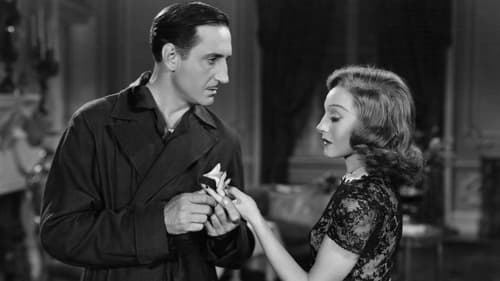
Marianne Jannetier
Marianne Jannetier, a well-to-do Parisian, engaged to Andre Benoit, a high-ranking government official, flees the city when the goose-stepping Nazi storm-troopers arrive. When her mother dies on the road to Bordeaux as a result of Nazi bombing, she returns to Paris and joins the underground movement. Nicholas Jordan, an American member of the RAF, stranded in Paris after the evacuation is also working with the Paris underground. Marianne kills her former fiancée, a pro-Nazi informant, for the traitorous state papers he is carrying, and she and Jordan try to flee over a French seaport...

Sylvina Lawrence / Martina Lawrence
Adapted from the best-selling novel by K. J. Benes, A Stolen Life serves as a tour de force for German actress Elizabeth Bergner, whose husband Paul Czinner directed the film. Bergner stars as identical twins Sylvina and Martina, whose mild sibling rivalry intensifies when one of the girls tricks the other's sweetheart Alan McKenzie (Michael Redgrave) into proposing to the wrong twin.
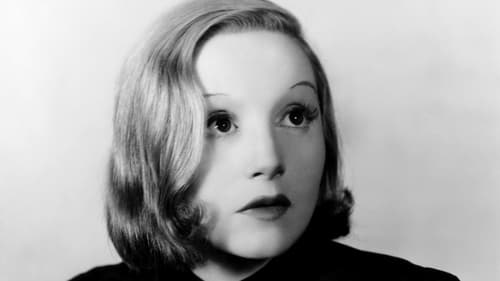
Gaby Lawrence
Dreaming Lips was lovingly assembled by filmmaker Paul Czinner as an "ideal" vehicle for his popular actress wife Elizabeth Bergner. The star plays Gabrielle, the glamorous, spoiled wife of world-famous orchestra leader Peter (Romney Brent). Left alone by her constantly touring husband, she inaugurates a romance with brilliant but reclusive violinist Miguel de Vaye (Raymond Massey).
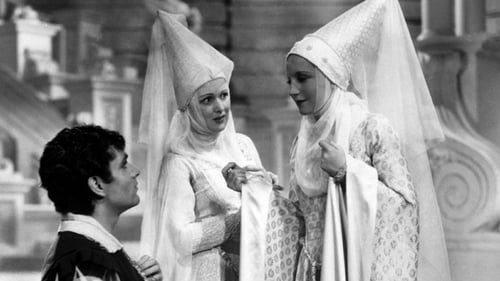
Rosalind
Film version of Shakespeare's comedy of a young woman who disguises herself as a man to win the attention of the one she loves.

Gemma Jones
Romantic quadrangle involving two brothers, one a burgeoning ballet composer; a willful heiress; and a waif.
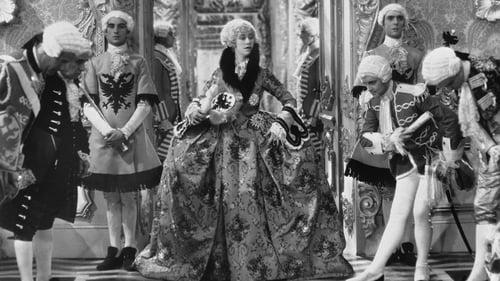
Catherine
The woman who will become Catherine the Great marries into the Russian royal family when she weds Grand Duke Peter, the nephew of Empress Elizabeth. Although the couple has moments of contentment, Peter's cruel and erratic behavior causes a rift between him and Catherine. Mere months after Peter succeeds his aunt as the ruler of Russia, a revolt is brewing, and Catherine is poised to ascend to the throne as the country's new empress.

Gaby
The young Gaby is happily married to the musician Peter but cannot ignore the impression that his friend Michael, a violin virtuoso, makes on her. Even when Peter falls seriously ill, she cannot forget her love for Michael. Torn between the two men, Gaby sees only one way out...

Ariane Kusnetzowa
Ariane was Hungarian director Paul Czinner's first talking picture. Starring in the title role is Czinner's charming wife, Elizabeth Bergner, likewise making her talkie debut. Young, naive Ariane sets herself for an emotional fall when she falls in love with Konstantin (Rudolf Forster), a much older and very married businessman. For his part, Konstantin regards the girl as just another harmless fling -- until he realizes a shade too late that he's really in love with her after all. Filmed in German, Ariane was simultaneously lensed in an English-language version, The Loves of Ariane.
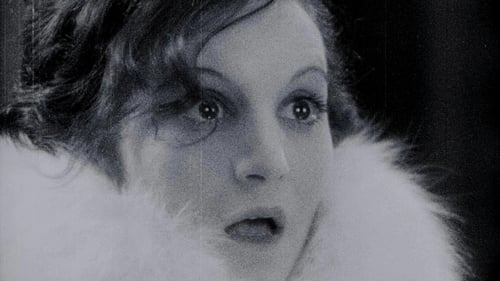
Else Thalhof
While staying with her aunt at a fashionable spa, Else receives an unexpected telegram from her mother, begging her to save her father from debtor’s jail. The only way out, it seems, is to approach an elderly acquaintance in order to borrow money from him. Through this telegram, Else is forced into the reality of a world entirely at odds with her romantic imagination – with horrific consequences.

Herzogin von Langeais
Based on Honore de Balzac’s story of Madame de Langeais. Costume drama about the infamous loves of the countess.

A Spanish nobleman raises his only daughter as a boy, similarly to Greta Garbo in Queen Christina (1933). In adulthood, Juana's upbringing causes complications in her love life. Possibly an early example of genderqueer representation.
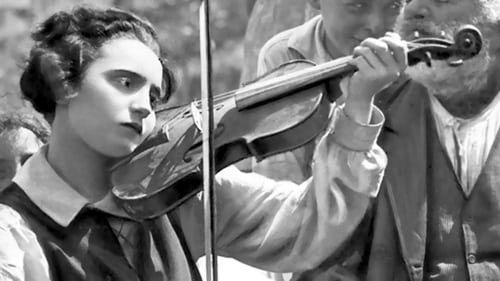
Renee
Girl dressed up as a boy falls in love with a painter.

Executive Producer
A wife, bored by her overweight slob of a husband, gives in to the temptation of a slickly seductive poet.

Nju
A wife, bored by her overweight slob of a husband, gives in to the temptation of a slickly seductive poet.

Magdalena
Mathias, the evangelist, is in love with Martha. Johannes, Mathias brother tries to interfere. When Mathias and Martha are swearing fidelity, Johannes jealousy turns into blind hate and he sets the monastery on fire. But it is Mathias that is arrested for the crime.











